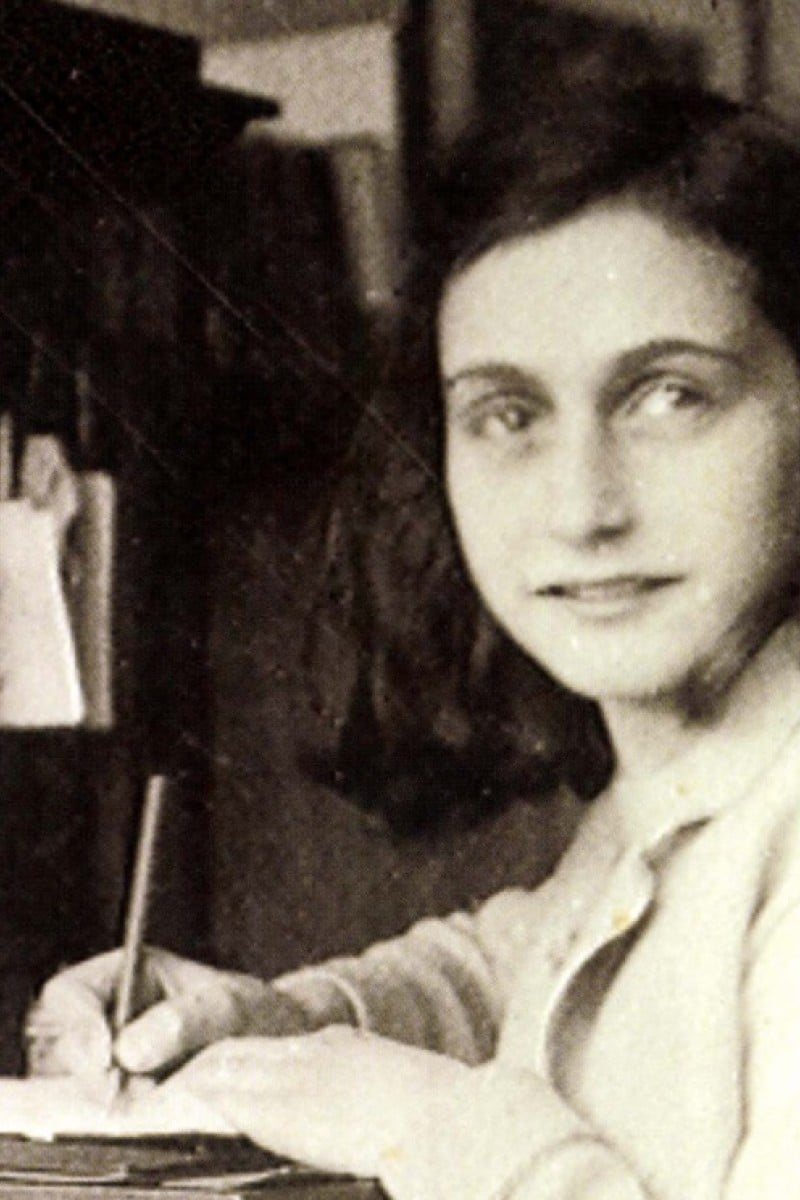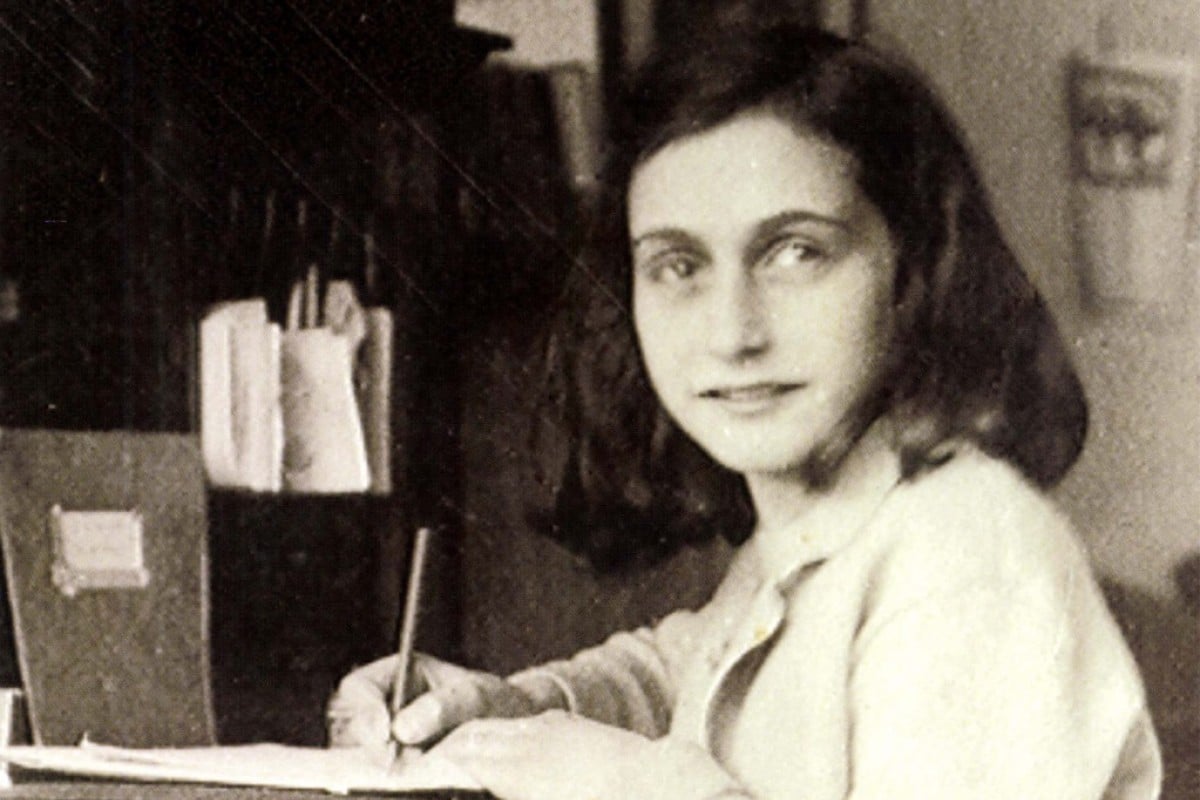
Why Anne Frank and her message that 'our lives are all different, but yet the same' are still relevant and important today
The messages learned from the tragedies of the past can help future generations build a brighter future
 The house and diary of Anne Frank remain important reminders of the Holocaust.
The house and diary of Anne Frank remain important reminders of the Holocaust.It is a face we are all familiar with: the soulful eyes, the contagious grin, and the flick of her dark hair. We have come to know Anne Frank through sepia-toned, still pictures, yet her story is vibrantly alive in the minds of many people who have read her famous diary.
The journal she was writing up until her family’s capture by the Nazis was later published as a book; The Diary of a Young Girl has gone on to become one of the defining voices of the second world war, and the most significant record of the experience of Jewish children before and during the Holocaust.
The diary describes how Anne and her family hid from the Nazis in a small set of rooms hidden behind a sliding bookshelf. Her relationships with her parents, with her peers, and to the world are all seen through the piercing eyes of a teenager growing up under circumstances which now seem surreal.
The house has since become a museum: the Anne Frank House, a major tourist attraction in Amsterdam, in the Netherlands. Ronald Leopold, the museum’s director, was in Hong Kong last week. He had been invited by the Hong Kong Holocaust and Tolerance Centre to give a speech on Yom Hashoah, the Holocaust Remembrance Day. He tells Young Post: “People from all over the world visit the house and take away very different messages. That is what is fascinating to me.
“A person from South America will connect with the story in a way that is very different to someone from Hong Kong.”
The museum sends roving exhibits around the world, which Leopold hopes can break down geopolitical boundaries, and encourage others to put themselves in Anne’s shoes.
As an example of the success of the programme, he tells us about the reaction of one visitor to an exhibition, a young girl who grew up in the favelas, or slums, in Sao Paolo, Brazil. “She could relate to Anne Frank because she saw oppression in her life daily,” he says as his voice begins to waver. “But we try to actively engage young people, and encourage them to explore the very relevant story of Anne Frank in a very active way.”
The Holocaust saw Adolf Hitler’s Nazi regime murder approximately six million Jews. It was systematised violence and murder on a scale not seen before or after. The large-scale deportation and execution of the Jewish people in Europe is an event that the countries involved are still grappling with.
“Anne says it better than any of us,” says Leopold. “She writes, ‘Surely the time will come when we are people again and not just Jews.’ That is very powerful statement.
The tragedy of the past, though, ignites Leopold’s dedication to his job.
“My biggest inspiration is a two-year old girl, Rika Oudgenoeg, who was murdered in Auschwitz. She was from the village I am from,” he says. “You know you cannot change the past, but you must do everything you can to prevent this from happening again.”
Despite the heavy subject matter that Leopold encounters daily, he remains upbeat thanks to a sense of humour and a strong desire to shape future generations. “I am on my way out, but you have the ability to make staggering changes,” he says to two boys during his visit to the Ohel Leah Synagogue in Mid-Levels.
The Anne Frank House is rooted in the past, but focused on shaping the future. Leopold believes it is crucial to keep the memory of Anne’s fate alive, and continue to learn from the optimism she displayed, despite her terrible circumstances.
After all, as Anne said in her diary: “We all live with the objective of being happy. Our lives are all different, but yet the same.”
A few minutes after Leopold bids us a warm farewell, we receive a call from an unknown number. “I need to tell you something about Rika Oudgenoeg.” It’s Leopold. “When you translate her name, it means ‘old enough’,” he says. “I just wanted you to know”.